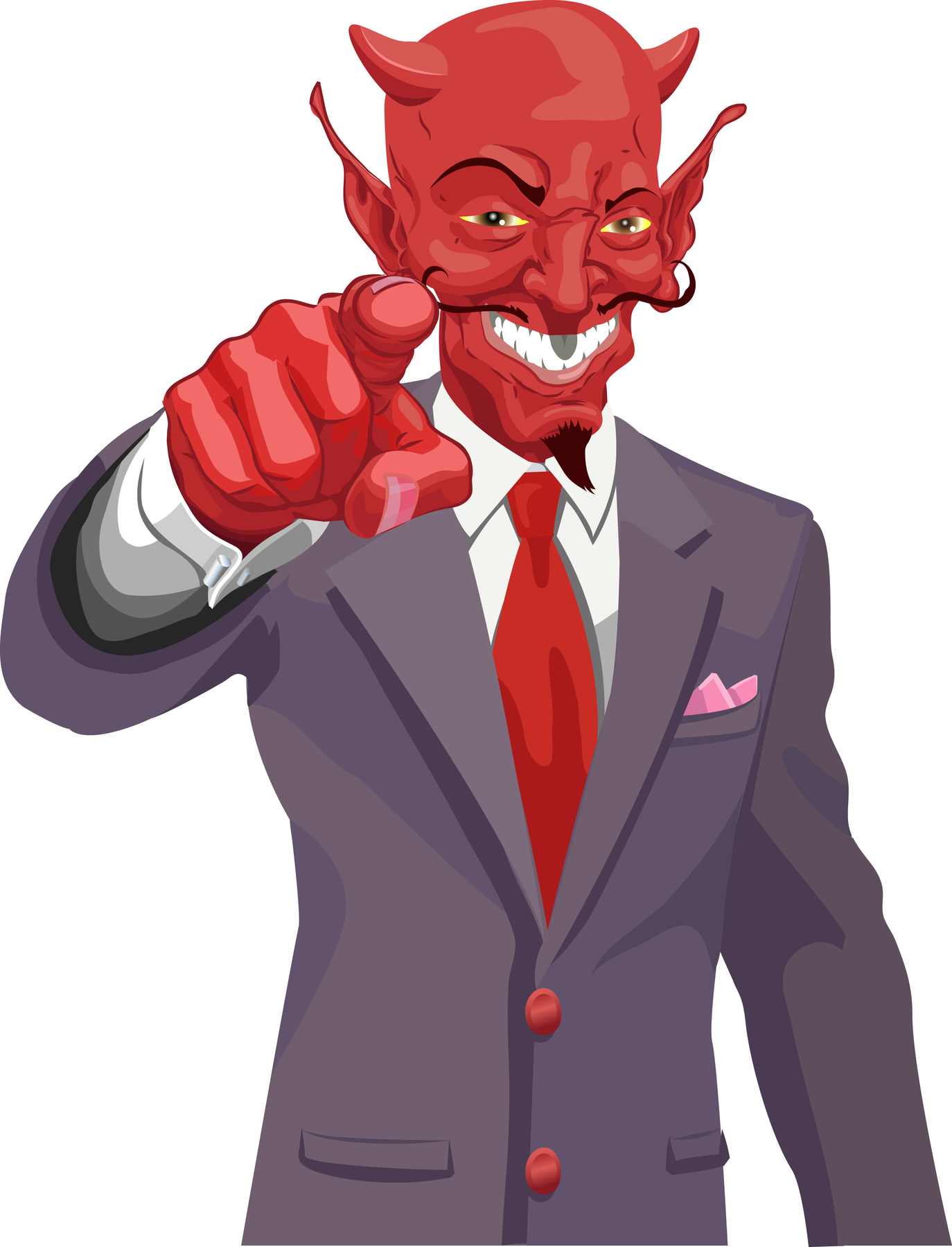The realm of computer-generated imagery (CGI) has transformed the entertainment industry, allowing creators to bring fantastical characters to life. Among these digital marvels, one figure stands out: the devil guy CGI. This character, often depicted with exaggerated features and a mischievous grin, represents the darker side of storytelling. His presence in films, video games, and animations captivates audiences, leaving them intrigued and entertained.
With the rise of CGI technology, the devil guy CGI has become a staple in various genres, from horror to comedy, showcasing the versatility of this character. His design often incorporates elements of traditional folklore, blending classic depictions of devils with modern artistic interpretations. The result is a character that resonates with audiences across generations, symbolizing temptation, chaos, and mischief.
As we delve deeper into the world of the devil guy CGI, we will explore its origins, evolution, and impact on popular culture. This article aims to shed light on this fascinating character, highlighting the creativity and artistry involved in bringing him to life. Join us as we uncover the secrets behind the devil guy CGI!
What is the Origin of the Devil Guy CGI?
The devil guy CGI has its roots in various cultural representations of evil and mischief. Traditionally, devils have been depicted in literature and art as malevolent beings, often possessing supernatural powers. With the advent of CGI, these age-old depictions have been reimagined, allowing for more dynamic and engaging portrayals. The character's design has evolved over the years, drawing inspiration from mythology, folklore, and pop culture.
How Has the Devil Guy CGI Evolved Over Time?
As technology has advanced, so too has the portrayal of the devil guy CGI. Early representations relied heavily on practical effects and puppetry, but modern CGI allows for intricate detailing and lifelike animations. This evolution has made the character more relatable and visually stunning, captivating audiences in a way that traditional methods could not.
What Are Some Popular Appearances of the Devil Guy CGI?
The devil guy CGI has made notable appearances in various media, including:
- Films like "The Devil's Advocate" and "Hellboy," where characters embody the essence of the devil.
- Video games such as "Doom" and "Diablo," featuring devilish antagonists that challenge players.
- Animated series that explore themes of good versus evil, often using the devil guy as a comedic foil.
Can You Share Some Insights into the Character Design?
The design of the devil guy CGI is crucial to his portrayal. Artists often combine various elements to create a visually striking character. Common features include:
- Horns and a tail, symbolizing his devilish nature.
- Fiery colors, such as red and orange, to evoke a sense of danger and excitement.
- Exaggerated facial expressions to convey mischief and charm.
Who Are the Key Artists Behind the Devil Guy CGI?
Behind the captivating designs of the devil guy CGI are talented artists and animators who pour their creativity into each character. Many of these artists have backgrounds in animation, visual effects, and graphic design, contributing their unique styles to the character's evolution. Their collaborative efforts result in a character that not only looks impressive but also resonates with audiences on an emotional level.
What Impact Has the Devil Guy CGI Had on Popular Culture?
The devil guy CGI has significantly influenced popular culture, often serving as a symbol of rebellion and freedom. His portrayal has sparked discussions about morality, temptation, and the nature of evil. Through films, games, and other media, the character has become a cultural icon, representing the struggle between good and evil in a way that is both entertaining and thought-provoking.
Could the Devil Guy CGI Be Considered a Hero in Some Contexts?
Interestingly, the devil guy CGI is sometimes portrayed in a more nuanced light, challenging the traditional notions of good and evil. In certain narratives, he may serve as a reluctant anti-hero, helping protagonists navigate moral dilemmas. This complexity adds depth to the character, inviting audiences to reconsider their perceptions of morality.
What Are Fans Saying About the Devil Guy CGI?
Fans of the devil guy CGI often express their admiration for the character through various platforms, including fan art, cosplay, and social media discussions. Many appreciate the creativity involved in his design and the engaging stories that feature him. The character's charm and mischief resonate with audiences, making him a beloved figure in contemporary media.
| Attribute | Details |
|---|---|
| Name | The Devil Guy CGI |
| First Appearance | Varies by media, but notable in films and video games of the late 20th century |
| Creators | Various artists and animators in the CGI industry |
| Character Traits | Mischievous, charming, often embodies temptation |
| Popular Media | Films, video games, animated series |
In conclusion, the devil guy CGI is a fascinating character that has evolved significantly over time. From his origins in folklore to his modern portrayals in films and games, he continues to captivate audiences with his charm and complexity. As technology advances, we can only imagine the new interpretations and stories that will emerge, keeping the spirit of the devil guy CGI alive for generations to come.
Cardi B: The Controversial Journey Of Smoking Cigs
Experience The Ultimate Punk Rock Night: NOFX Live At Fillmore Detroit On August 21, 2024
Exploring The Dynamic Duo: Lil Bit And Red


